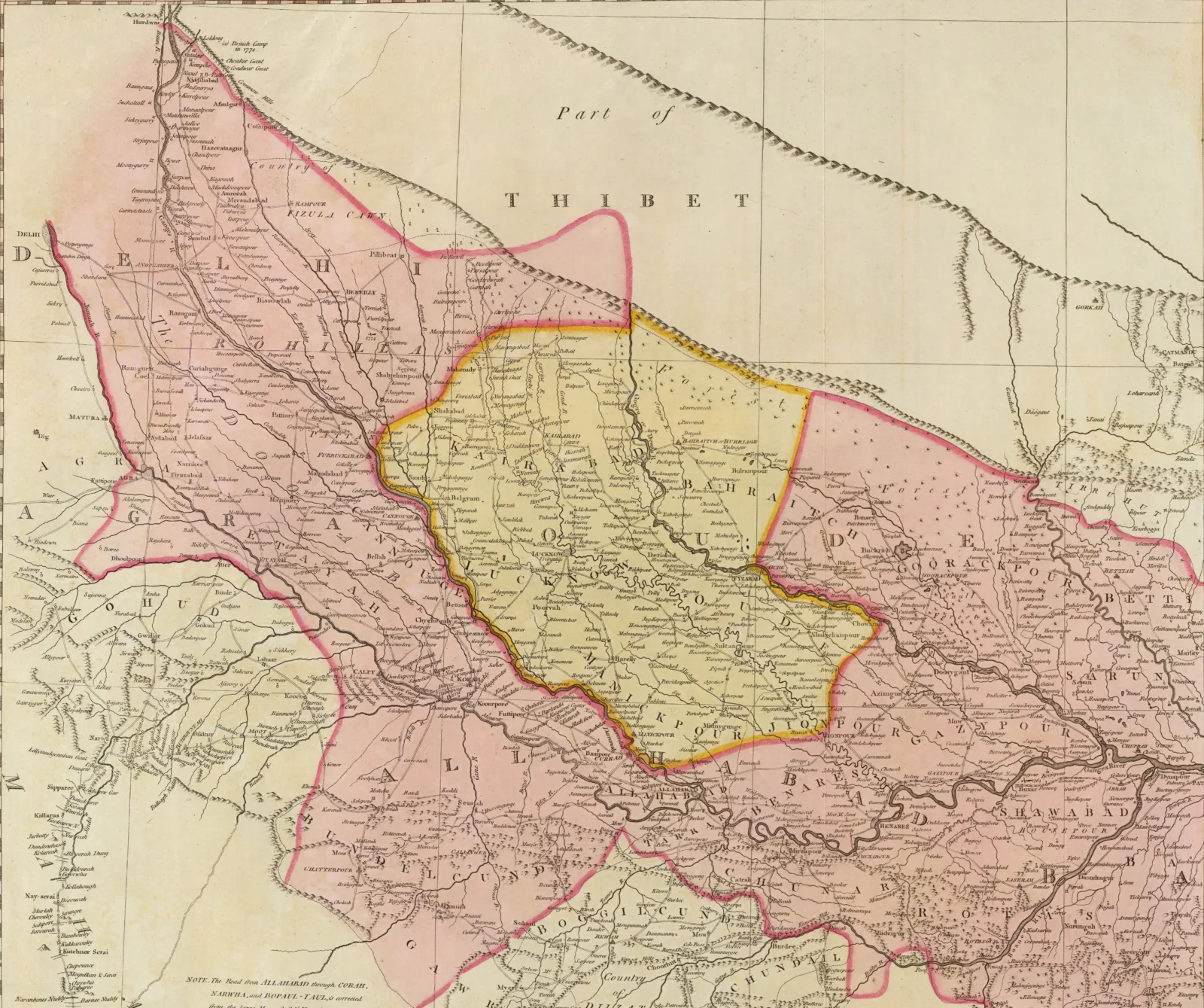In many modern Indian languages, the word “sarkār” signifies “the state” or “government.” In early modern usage, however, it referred primarily to great households that formed the building blocks of India’s Mughal empire (1526–1858). Focusing on the Mughal successor regime of Awadh (c. 1722–1856), this talk explores how the idea of the sarkār was reconfigured during the transition from Mughal to British rule, as new conceptual divisions between “household” and “state” became important resources for contesting power and property within Indian dynasties and for asserting the political supremacy of the British East India Company in India.
Event—Public Programming
Sarkars into States: Language, Family and Politics in Early Colonial North India
